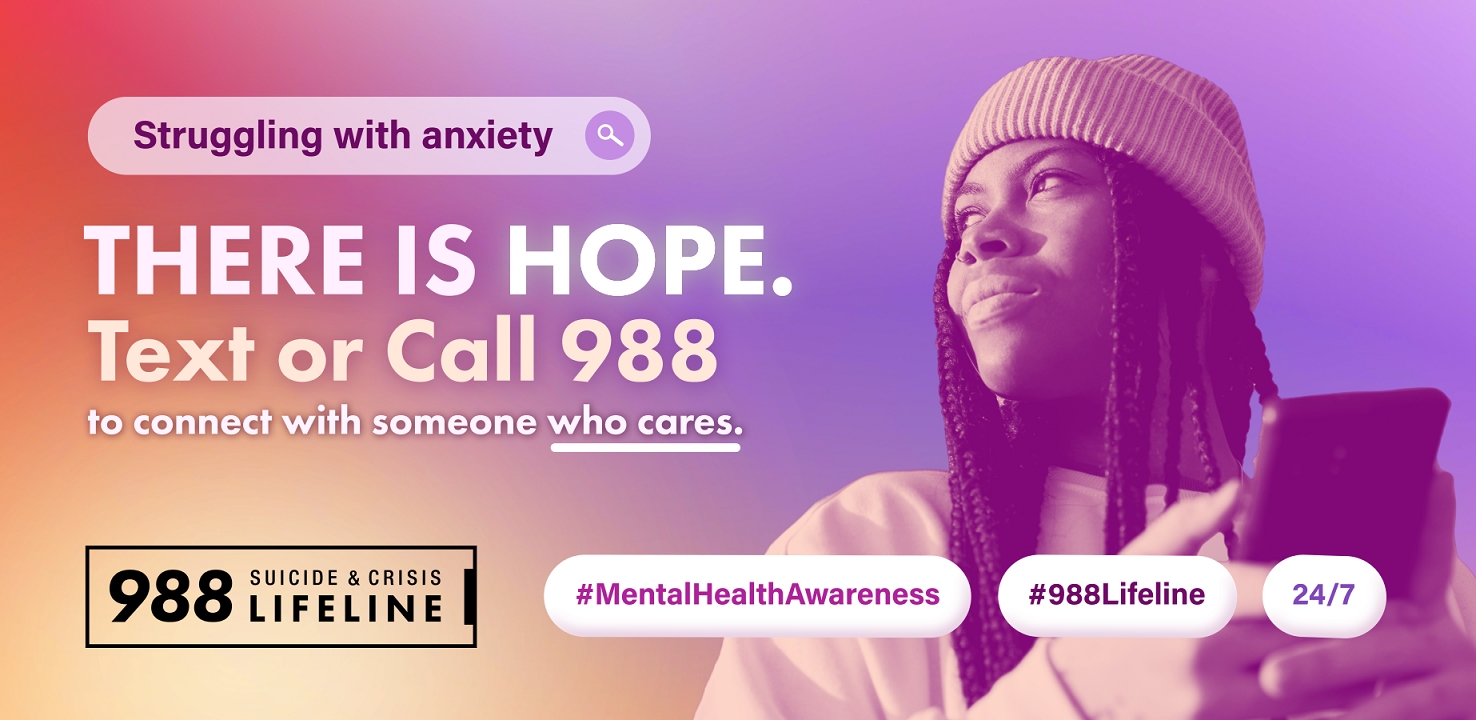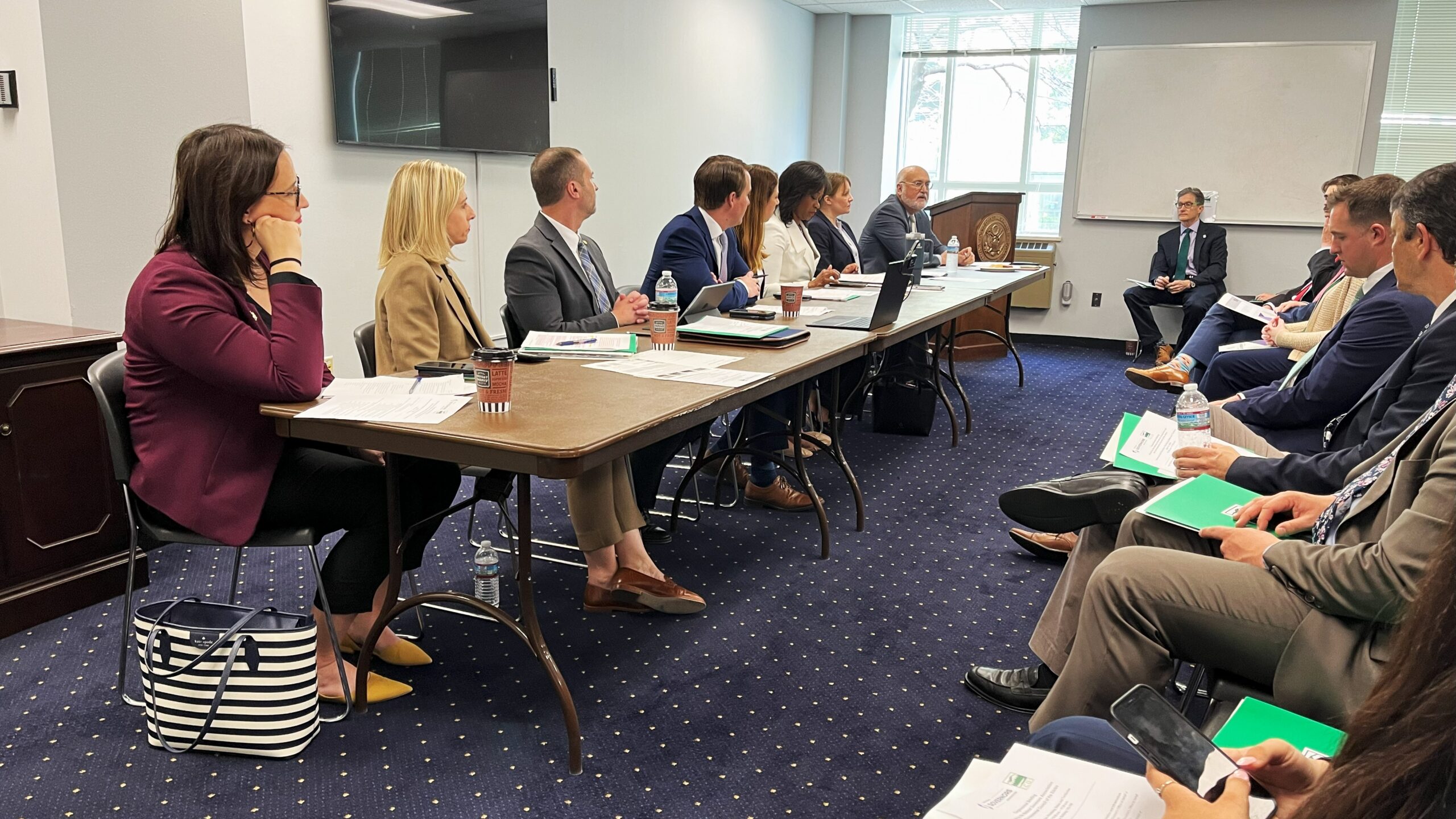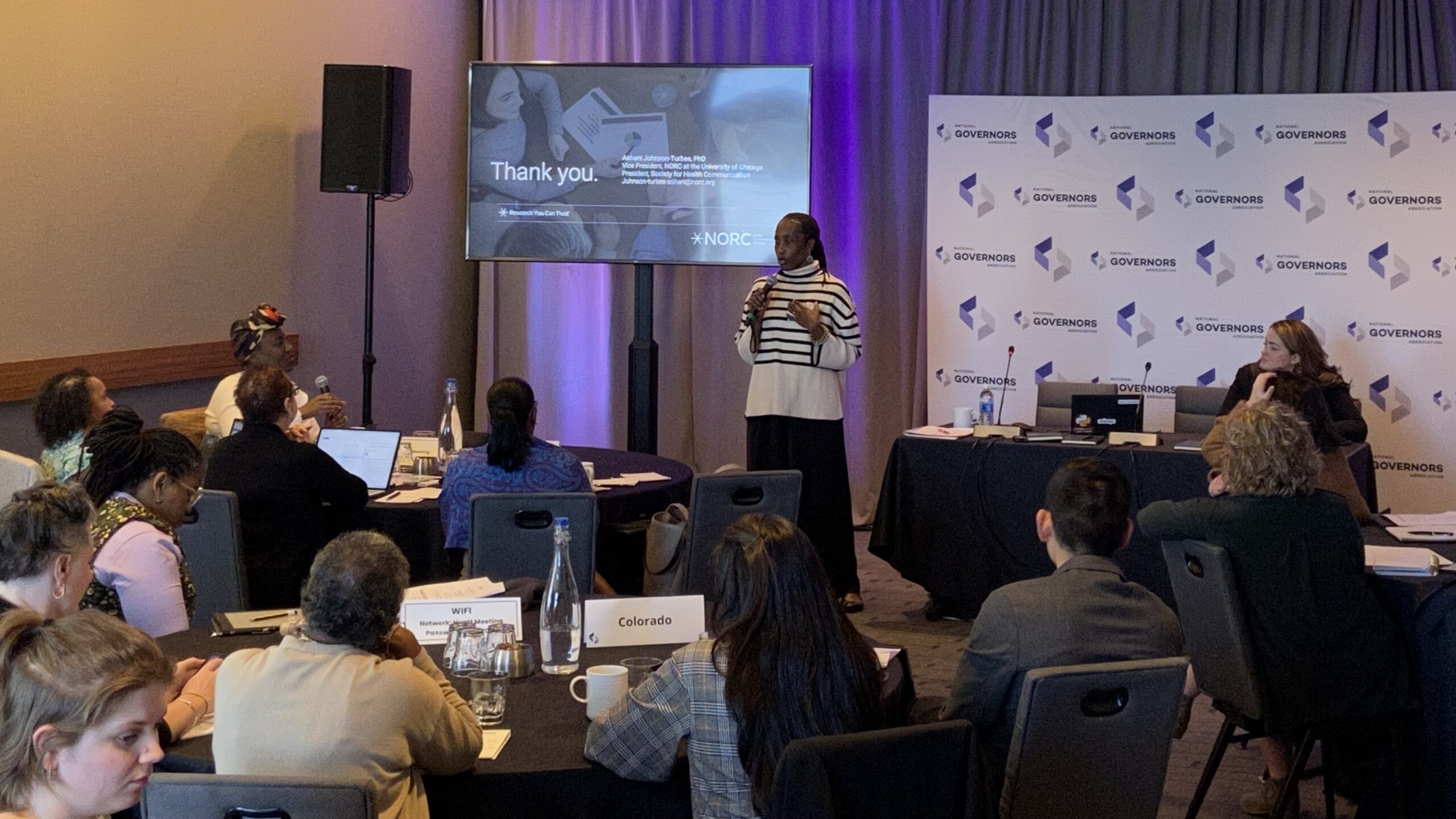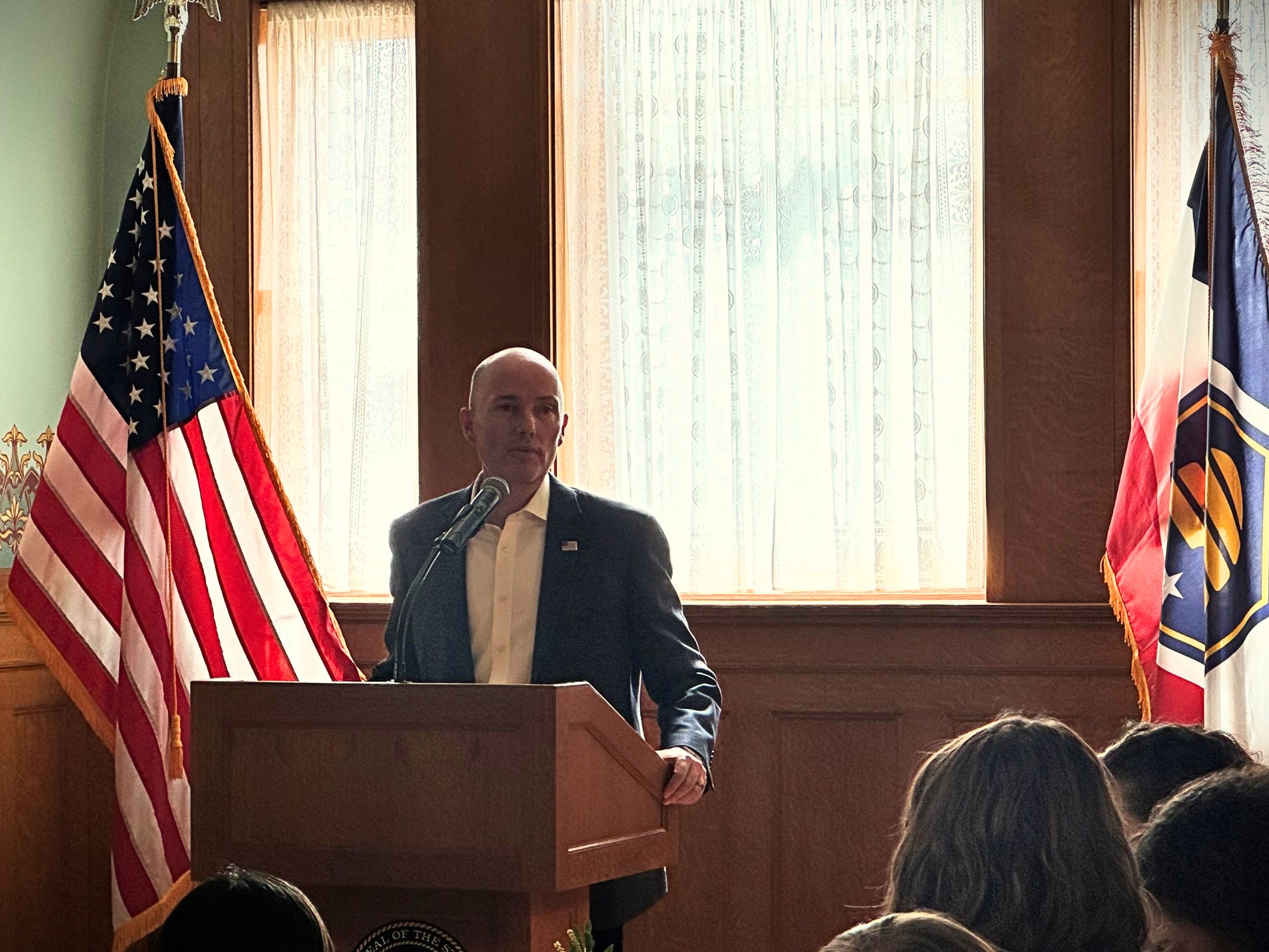California’s ACEs Aware initiative takes an innovative, evidence-based approach to addressing adverse childhood experiences and toxic stress by educating and training health care providers who are directly interacting with the public.
Executive Summary
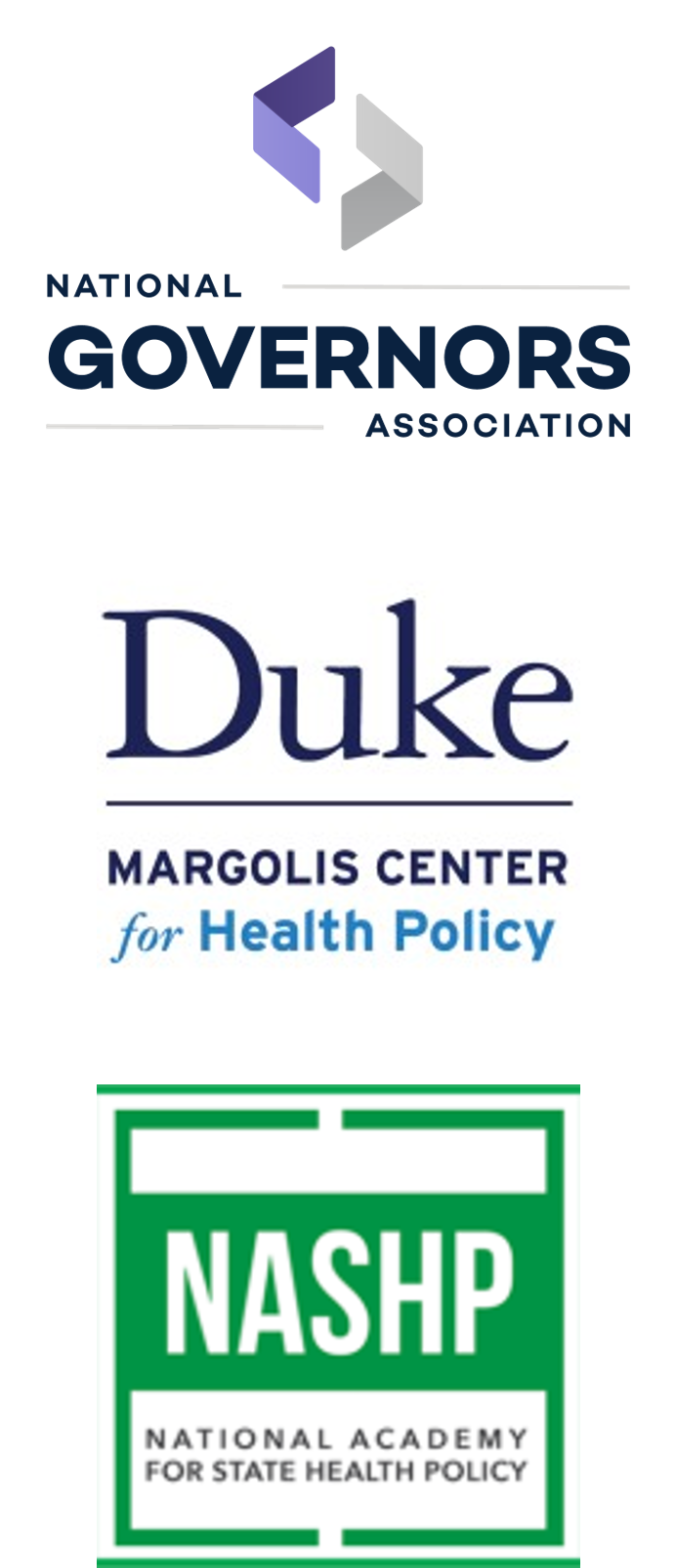
Adverse childhood experiences (ACEs) can have a significant impact on health and well-being, that can continue into adulthood. Interest in preventing and addressing the consequences of ACEs, including toxic stress, has grown across sectors and is shaping policy discussions among state and local leaders who are eager to support effective prevention, detection and intervention strategies. COVID-19 has brought additional attention to the impact of ACEs and trauma across the lifespan, which may be exacerbated by disruption in the lives of families. These increased family stressors include: income, food and housing insecurity; social isolation; and school closures. California’s ACEs Aware initiative, led by the Office of the California Surgeon General and the Department of Health Care Services, is a statewide initiative that trains and reimburses health care providers to screen children and adults for childhood trauma and respond to the effects of toxic stress, with the goal of reducing ACEs and toxic stress by fifty percent in one generation.
The National Governors Association Center for Best Practices (NGA Center), in partnership with the Duke-Margolis Center for Health Policy (Duke-Margolis), the National Academy for State Health Policy (NASHP) and a former leader in Tennessee’s strategic implementation of Building Strong Brains Tennessee (BSBTN) convened a five-state learning collaborative on preventing and mitigating ACEs and promoting resilience in children and families. This case study highlights California’s ACEs Aware initiative and its key elements as a model for other states. The ACEs Aware initiative provides education, training and clinical protocols for the state’s Medicaid program (Medi-Cal) providers on screening for ACEs and covers the cost of screenings and related services under Medi-Cal. The goal of ACEs Aware is to identify and improve the health and well-being of Californians enrolled in Medi-Cal and who have experienced ACEs and toxic stress, providing a sustainable path to integrating identification and response to ACEs and toxic stress into the state’s Medicaid program.
Key elements that have contributed to the success of the ACEs Aware initiative include:
- Strong leadership from the Governor and executive branch, as well as legislative support and funding for early detection and evidence-based interventions for ACEs and toxic stress;
- The appointment of the state’s first Surgeon General to serve as a champion for the initiative;
- The development of a financial incentive to align health systems and motivate health care providers to learn about ACEs, begin screening patients and respond to risk of toxic stress;
- Continuous improvement processes that ensure best practices are used and community networks of resources are available; and
- Maintenance of innovation through sustainable funding by means of grants, collaborations and shared experiences.
Introduction
Adverse childhood experiences (ACEs), such as domestic violence or physical and emotional abuse or neglect, can have a significant and sustained effect on an individual’s life expectancy and overall health and wellbeing. ACEs can also result in toxic stress, a “prolonged activation of stress response systems in the absence of protective relationships.” A landmark 1998 study conducted by the Centers for Disease Control and Prevention (CDC) and Kaiser Permanente found a strong correlation between any ACEs and increased likelihood of poor health outcomes as an adult, as well as negative academic outcomes, time away from work, and early death. CDC estimates that “61% of adults had at least one ACE and 16% had 4 or more ACEs.” ACEs are common across sociodemographic groups, however, they do not impact all sociodemographic subgroups equally. Multiracial, Black, and Hispanic individuals had higher mean ACE scores than Non-Hispanic White individuals. In addition, females, people with lower income or education, and sexual minority individuals had higher ACEs than males, people with higher income or education, and straight individuals, respectively.
In recent years, interest in preventing and addressing the consequences of ACEs has grown across sectors. That interest is increasingly shaping policy discussions among state and local leaders who are eager to build capacity to support effective ACEs prevention and intervention across the lifespan. The National Governors Association Center for Best Practices (NGA Center), in partnership with the Duke-Margolis Center for Health Policy (Duke- Margolis), the National Academy for State Health Policy (NASHP) and a former leader in Tennessee’s strategic implementation of Building Strong Brains Tennessee (BSBTN), worked with five states — Delaware, Maryland, Pennsylvania, Virginia and Wyoming — to develop sustainable state-level strategies to prevent and mitigate childhood traumas associated with ACEs. Our previous case study featured BSBTN, explaining the three-branch, two-science approach to prevent and mitigate the effects of ACEs for Tennesseans and promote statewide economic development and prosperity. The current work on ACEs builds on the National Governors Association and the National Conference of State Legislatures ongoing work on aligning the three branches of state government: executive, legislative and judicial. This case study features California’s ACEs Aware as a leading example of how one state implemented a robust screening and response initiative to identify and counteract the harmful lifelong effects of ACEs and toxic stress.
The Office of the California Surgeon General (CA-OSG) and the Department of Health Care Services (DHCS) partnered with organizations across the health care system and in California’s communities to provide training, tools and resources to meaningfully incorporate ACEs screening for children and adults in Medi-Cal. By detecting ACEs early on, providers are better able to connect patients to interventions, resources and supports needed to improve their health and well-being. The goals of the ACEs Aware initiative are “to reduce ACEs and toxic stress by half in one generation, and to launch a national movement to ensure everyone is ACEs Aware.”

Background on ACEs Aware
The ACEs Aware initiative began as an educational and advocacy campaign by local organizations, such as the Center for Youth Wellness founded by Dr. Burke Harris, Children Now and the California Campaign to Counter Childhood Adversity (4CA). In January 2019, Governor Gavin Newsom issued Executive Order N-02-19, which established the role of the California Surgeon General and advised the Office to address the root causes and upstream factors that can lead to serious health conditions, including ACEs and toxic stress. Dr. Nadine Burke Harris, MD, MPH, FAAP, a pediatric physician and researcher, was appointed Surgeon General of California.
The CA-OSG convened the ACEs Reduction Leadership Team which brings together leadership from across departments within the California Health and Human Services Agency, the California Department of Education, the California Department of Corrections and Rehabilitation and the Governor’s office. Collectively, they set a bold goal: to cut ACEs and toxic stress in half in one generation. The leadership team identified existing structures and programs that were already addressing ACEs and additional opportunities to achieve this goal. CA-OSG also convened community members, health care providers, education experts and county health department leaders in 14 counties for roundtable discussions. The resulting coordinated approach to address ACEs and childhood toxic stress became known as ACEs Aware and consists of:
- Systemically deploying broad scale screening to enable early detection and early intervention of ACEs and toxic stress;
- Interrupting vertical transmission, or the passage of a disease-causing agent from mother to baby during the period immediately before and after birth, of ACEs by advancing screenings in children and adults – with special focus on the prenatal and early parenting years;
- Coordinating and strengthening the network of referral and treatment systems to make them more effective, accountable and easy to navigate for children, adults and providers; and
- Advancing the science of toxic stress, identifying potential therapeutic targets and improving efficacy of interventions.
Screening for ACEs
CA-OSG and the ACEs Reduction Leadership Team determined that detecting and responding to ACEs and other risk factors for toxic stress early is important to prevent more serious outcomes. In response, California designed and implemented a robust early detection strategy which trains and reimburses providers to screen for ACEs and risk of toxic stress in children and adults enrolled in Medi-Cal.
In 2018, California established the Trauma Screening Advisory Workgroup as required under state law, to update, amend, or develop, if appropriate, tools and protocols for screening children for trauma and ACEs. Following public input and the workgroup’s recommendations in 2019, in 2020 Medi-Cal began reimbursing for ACEs screening for children and adolescents, provided the clinician uses the Pediatric ACEs Screening and Related Life-events Screener (PEARLS) tool. Guidelines allow for children to be screened once per year (per provider, per managed care plan). California also covers screening for adults under Medi-Cal using the ACE Questionnaire for Adults, adapted from the work of the CDC and Kaiser Permanente, or a similarly specified tool. Coverage extends to screening once in their adult lifetime (per provider, per managed care plan). However, adults can be rescreened if medically necessary.
The ACEs Aware program relies on skilled providers being able to effectively identify and address ACEs and toxic stress with their patients. Beginning January 1, 2020, DHCS and OSG began offering providers no-cost training on trauma and trauma-informed care through the ACEs Aware website. The two-hour online course includes information on:
- DHCS policies and requirements for providers to receive reimbursement for screening;
- How to screen for ACEs using the PEARLS and Adult ACEs tools;
- Training on the clinical response using ACEs Screening Clinical Algorithms to assess for: patient risk of toxic stress physiology, presence of ACE-Associated Health Conditions (AAHCs), and protective factors;
- The science of toxic stress; and
- How to implement trauma-informed care.
Providers are eligible to receive continuing medical education (CME) and maintenance of certification (MOC) credits for completion of the Becoming ACEs Aware in California training. DHCS and CA-OSG also have monthly educational webinars with providers to promote shared learning and quality improvement. In addition, tools and materials were developed to support ACE screening implementation in the state, including the ACEs Aware Provider Toolkit, ACEs Clinical Assessment & Treatment Planning, the Trauma-Informed Network of Care Roadmap and a clinician directory that connects patients and organizations with trained Medi-Cal providers, all available at ACEsAware.org.
Responding to ACEs and Toxic Stress
Screening for ACEs and toxic stress allows providers to respond and intervene early to prevent adverse social and health outcomes. In December 2020, the CA-OSG released the Roadmap for Resilience: The California Surgeon General’s Report on Adverse Childhood Experiences, Toxic Stress, and Health to serve as a sector- specific and cross-sector framework for communities and other states to effectively address ACEs and toxic stress through evidence-based interventions and best practices.
The Surgeon General’s report discusses the trauma-informed care framework, which was adapted by ACEs Aware from the Substance Abuse and Mental Health Services Administration (SAMHSA) to provide guidance to providers on how to respond to identified ACEs. If an individual or family is screened and found to have ACEs, or to be at increased risk of toxic stress, Medi-Cal providers are encouraged to take the following steps to complete the ACE screening process:
- Apply principles of trauma-informed care, which recognize and respond to the signs, symptoms and risks of trauma for patients who are experiencing or have experienced ACEs and toxic stress;
- Supplement usual care for ACE-Associated Health Conditions (AAHCs) through patient education on toxic stress and strategies to regulate the stress response;
- Validate existing strengths and protective factors the individual may already have or be using;
- Refer individuals to needed resources or interventions (e.g. social work, educational materials, or patient navigation); and
- Follow-up with the individual, as needed, using AAHCs as indicators of treatment progress. Trauma- informed care recognizes and responds to the signs, symptoms and risks of trauma for patients who are or have experienced ACEs and toxic stress. Trauma-informed care should be patient-centered, build trust between providers and patients and avoid re-traumatizing the patient.
Communities as an Essential Element of Response
An effective response to ACEs and toxic stress requires strong, cross-sector connections among health, behavioral health, social services and community-based organizations. CA-OSG, DHCS and a stakeholder subcommittee created a Trauma-Informed Network of Care Roadmap: A Guide for Strengthening Community Relationships to provide practical steps health care providers, clinics, community-based organizations and social service agencies can take to grow cross-sector networks of care within their communities to prevent and address the effects of ACEs and toxic stress on health.
The ACEs Aware initiative has awarded a total of $45 million in community grants to 120 organizations and communities across the state, including health care systems, federally qualified health centers, provider associations, academic institutions, county public health departments and community-based and social service organizations. The goal of the first round of grants was to help offer provider training, provider engagement and communication campaigns to educate and increase awareness about ACEs Aware.
In early 2021, CA-OSG and DHCS awarded a second round of ACEs Aware Network of Care grant funding to 35 communities to build and strengthen trauma-informed networks of care — to support Medi-Cal providers, social service systems and community partners in proactively and effectively responding to ACEs and toxic stress. Grantees include community health clinics, universities, social service organizations and patient advocacy groups. A Trauma-Informed Network of Care, for the purposes of the ACEs Aware Initiative, is “a group of interdisciplinary health, education and human service professionals and community members and organizations that support Medi-Cal patients, providers and families by providing access to evidence-based ‘buffering’ resources and supports that help to prevent, treat and heal the toxic stress response.”7 The network of care grants include two types of activities:
TWENTY SEVEN PLANNING GRANTS of up to $300,000 each are targeted to communities that are at the beginning stages of ACE screening and trauma-informed care and are using the funds as seed money to foster collaboration and shared accountability.
EIGHT NETWORK OF CARE IMPLEMENTATION GRANTS in the amount of up to $3 million each over 18 months are supporting communities that already have networks of care established and ACE screening well underway, but are using the funds to modernize their work through use of social service referral platforms (e.g. Aunt Bertha, UniteUs, etc.); hiring community health workers to help families navigate the health and social service systems; and identifying and implementing quality improvement strategies and building best practices. The grant funding is required to be shared among all the network of care partners, formalizing shared accountability and decision making.
Funding of the ACEs Aware Initiative
DHCS and CA-OSG utilized ACEs and toxic stress cost studies to support California’s investments in prevention, early detection and early intervention of ACEs and toxic stress. In 2020, Dr. Burke Harris, the Center for Youth Wellness and the Pacific Institute for Research and Evaluation (PIRE) published a peer-reviewed study on the annual cost of ACEs to the state of California. The study found that ACEs cost California $112.5 billion annually—$10.5 billion in personal healthcare spending and $102 billion in premature death and loss of productivity—and may cost over $1.2 trillion over the next 10 years. The actual costs are likely much greater, as the estimate may not include the full possibility of ACE-associated health conditions or the costs of support systems. A separate California report found the cost to be over $19 billion for support systems for individuals who have experienced child abuse and neglect. Additional studies have shown that primary care screening in childhood for adverse events may help improve outcomes related to healthcare costs, quality of care and maltreatment.8,9,10,11
These studies provided a compelling fiscal rationale for the need to prevent ACEs early in childhood through screening and treatment to reduce exposure and long-term ACEs-attributable illnesses that are chronic and costly. The model the authors of the California study created can be modified and used to estimate the burden of ACEs in other states and help inform efforts to reduce the effects of ACEs and toxic stress.
Gov. Newsom provided $40.8 million in his 2019-20 budget for CA-OSG and DHCS to pilot a project in California that would screen children and adults (up to 64 years of age) enrolled in Medi-Cal for ACEs. In presenting the evidence and potential for savings around screening for ACEs, the California legislature appropriated funds from Proposition 56, California’s Healthcare Research and Prevention Tobacco Tax Act, for the pilot program to train and pay Medi-Cal providers for conducting ACE screenings and responding with trauma-informed care. Further state funds, over a three-year period, have been allocated to finance the non-federal share of Medicaid payments for ACE screenings of children and adults for trauma and training of providers on how to screen and respond with trauma-informed care. The Governor’s Office of Planning and Research, through the California Initiative to Advance Precision Medicine, is funding research demonstration projects that address the health impact of ACEs using precision medicine. In addition, cross-sector training for educators and a public awareness campaign on ACEs and toxic stress is being funded through the CA-OSG, outside of the ACEs Aware Initiative.
DHCS received approval from the Centers for Medicare and Medicaid Services (CMS) to create a $29 payment to Medi-Cal providers for ACE screening and response through a Medicaid state plan amendment and Medicaid managed care contract amendment in November 2020. The combined approvals allow the state to offer Medi- Cal providers participating in both fee-for-service and Medicaid managed care a payment for conducting ACE screenings for the period covering July 1, 2019 through December 31, 2021. This payment is in addition to the amounts paid for the office visit accompanying the screening for fee-for-service or capitated Medi-Cal managed care health plan payments. California is currently considering longer term options for covering these incentive payments and expanding eligibility for relevant services to respond to ACEs.
Providers began receiving the $29 incentive payment on January 1, 2020 through the Medicaid program. Beginning in July 2020, providers were required to self-attest to completing the ACEs Aware training to continue receiving these payments for conducting ACE screenings and the associated response.
Providers must bill using the following Healthcare Common Procedure Coding System (HCPCS) codes, based on the patient’s ACEs score:
- G9919: Patient’s ACEs score is four or greater i.e., at high-risk for toxic stress. The screening was performed, and the result indicates that the patient is at high risk for toxic stress; education and evidence-based interventions as necessary should be provided.
- G9920: Patient’s ACEs score is between zero to three-3 i.e., at lower risk for toxic stress. The screening was performed, and the result indicates that the patient is at lower risk for toxic stress; education and evidence-based interventions as necessary should be provided.
Providers must document all of the following:
- The screening tool that was used;
- That the completed screen was reviewed;
- The results of the screen;
- The interpretation of results; and
- What was discussed with the member and/or family, and any appropriate actions taken.
Monitoring and oversight is conducted by DHCS and participating managed care plans and includes audits to monitor over-utilization.
Evaluation and Quality Improvement
Evaluation and Results
While the ACEs Aware initiative was clearly impacted by the COVID-19 public health emergency in a multitude of ways, the level of clinical and community engagement in the work has steadily increased since the official launch of the initiative in December 2019. In the July 2021 ACEs Aware Provider Training and Screening Claims Data Report, more than 17,100 individuals had completed the training and become ACEs Aware-certified, and nearly 10,000 Medi-Cal providers in California are now eligible to receive Medi-Cal payment for conducting ACE screenings.
Medi-Cal providers – primarily pediatric, family medicine and behavioral health professionals – conducted about 315,000 ACE screenings of nearly 264,000 unique Medi-Cal beneficiaries in the first nine months of 2020. Six percent of individuals had an ACE score of four or greater, indicating a high risk for toxic stress.
The training and screening numbers continue to steadily increase and the state is embarking on a variety of approaches to further educate and encourage Medi-Cal providers to become ACEs Aware.
Quality Improvement
In January 2020, the California Learning and Quality Improvement Collaborative (CALQIC) was created to implement a data-driven evaluation and quality improvement process to identify, through grant funding to health care settings, evidence-based best practices to inform future phases of the ACEs Aware initiative, including building networks of care and responding to ACEs in health care settings. The CALQIC effort is a regional effort and the best practices that are found through the CALQIC will be disseminated to health systems across the state. The collaborative is led by the University of California, San Francisco Center to Advance Trauma-Informed HealthCare, in partnership with the Center for Care Innovations (CCI) and the RAND Corporation. The learning collaborative extends from July 1, 2020 to October 31, 2021.
Finally, the state plans to fund an external evaluation of ACEs Aware to evaluate the initiative statewide, not simply to ensure continuous quality improvement and program effectiveness in bringing it to scale across the state, but also to document its impacts on the state’s health care systems, multiple cross-sectoral systems and ultimately health outcomes.
Conclusion
Interest in preventing and addressing the consequences of ACEs is increasingly shaping policy discussions among state and local leaders eager to build capacity to support effective prevention, detection and intervention, including ACE screenings and trauma-informed care. This has created an opportune moment to move state policy, program and funding approaches toward real solutions. There is an opportunity for states to coordinate work addressing health equity; the whole family through two- or multi-generation approaches; state implementation of the Family First Prevention Services Act; increased interest in social-emotional learning and trauma- informed schools; and efforts to help families affected by the opioid crisis.
California’s ACEs Aware initiative takes an innovative, evidence-based approach to addressing ACEs and toxic stress by educating and training health care providers who are directly interacting with the public. The use of evidence-based best practices for screening and response to ACEs and toxic stress takes center stage in California’s approach, allowing knowledgeable health professionals to direct individuals experiencing trauma to the resources and help needed to break the cycle of trauma.
The COVID-19 pandemic is increasing ACEs (as evidenced by increased rates of intimate partner violence; mental health and substance use disorders; and severity of non-accidental pediatric trauma) and toxic stress. This demonstrates the importance and timeliness of responding to them at the state level. It is also important to address additional conditions that contribute to stress and trauma such as racism, poverty and bullying, which were not included in the original set of adversities defined as ACEs, but have since been validated to be risk factors for toxic stress. Experiences of trauma are pervasive, but toxic stress is a treatable health condition and it is critical to focus on strategies such as the ACEs Aware initiative to build individual and collective resilience and resilient communities.
Acknowledgements
NGA Center, Duke-Margolis, and NASHP thank the California ACEs Aware team, Aurrera Health Group, and the Office
of the California Surgeon General for allowing us to highlight their work in this publication. NGA Center, Duke-Margolis,
and NASHP also thank the Robert Wood Johnson Foundation for its generous support of this publication and the
project that made it possible.
Recommended Citation Format
DelFavero, M., Chhean, E., Tewarson, H., Haldar, S., Hockenberry, S. (2021, October). A Case Study of California’s ACEs
Aware Program: Screen. Treat. Heal. Washington, DC: Duke-Margolis Center for Health Policy, National Academy for
State Health Policy, National Governors Association Center for Best Practices



